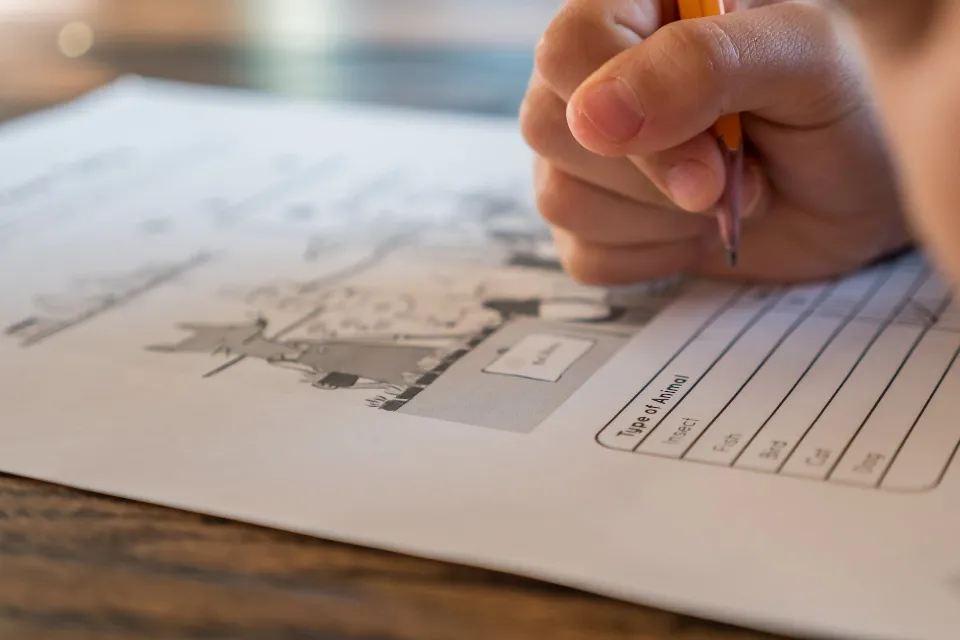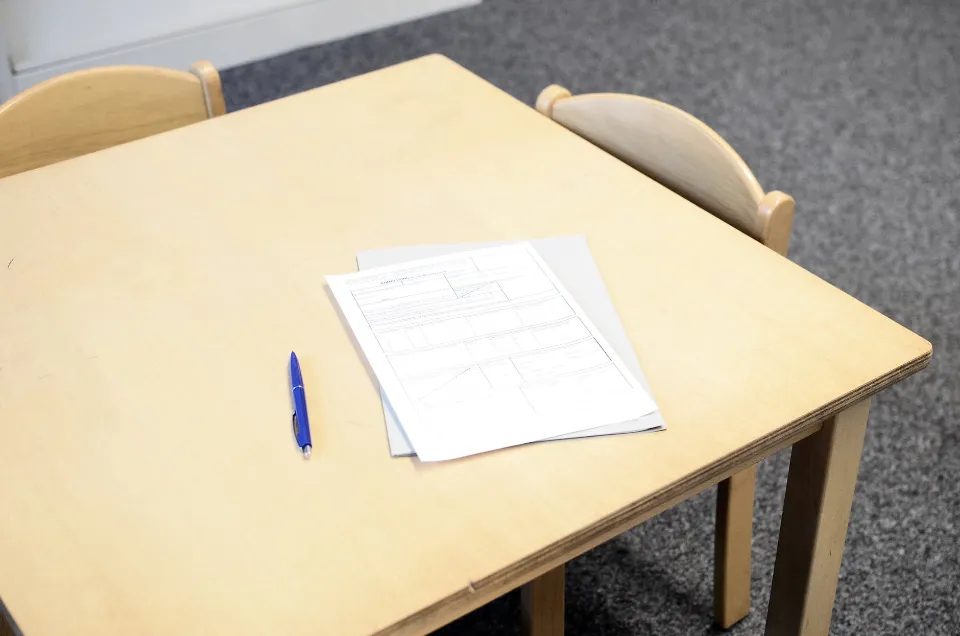
How to Prepare Students for Standardized Tests?
Are you looking for strategies to assist teachers in getting students ready for standardized tests? Learn about our advice for boosting confidence and lowering test anxiety!
It’s not necessarily simple to study for a standardized test. There are some tried-and-true strategies for getting students ready for test day, though.
There are many ways that teachers can support their students and help them perform at their best on exams, from strategies designed to help students better tackle questions to days designated to help students decompress.
If you want your students to perform at their best on test day, keep reading for a few tips you can give them.
How to Prepare Students for Standardized Tests?
Therefore, your daily help with homework and attitude toward school has the biggest impact on your child’s performance. Teachers tell us that successful test-takers tend to be students with good attendance, homework, and study habits. There are important ways you can help him improve his test-taking skills, though.
Optimize Brain Power
The students who didn’t get enough sleep or a good breakfast the day of the test, according to teachers, are the ones who struggle the most on test days. Additionally, difficulties are frequently experienced by students who are not mentally or physically prepared.
Make sure she has all the tools she requires, including pencils, an eraser, paper, a calculator, etc. Layout and, if possible, filling out of any preliminary paperwork should be done the night before. It is better to keep her at home on test day if she is sick than to run the risk of her performing poorly. She can make up the test later.

Encourage Good Study Habits and Challenge Critical-thinking Skills
Reviewing test-taking techniques is crucial, but keeping an eye on your overall academic progress and maintaining good communication with your teacher will also help you avoid potential issues.
Encourage reading as much as you can (consider magazines, newspapers, or even comic books if he avoids books) since good reading skills are very important in a timed test. Ask him to discuss concepts or express his opinions frequently during the test to encourage critical thought, which is a skill that is also measured.
Know What to Expect
Most teachers will send home details about the test timetable and lesson plans well in advance of the test. However, if you don’t hear from your child’s teacher, you should contact her to find out:
- What is the test’s name and what is it supposed to test for?
- What is the format (multiple choice, essay, short answer, etc.)?)
- How will the class study at school?
- Will students receive points for correct answers, or should they just guess at random if they’re stuck on a question?
- When will you get the findings?
- What consequences does the test have? Your child, the school, or both will be impacted?
- Can you help your child in any particular ways to get ready?
Look at Your Child’s Past Performance
You might want to give her exercises that reinforce a particular subject if she performed poorly in that area. Focus on exercises that mimic the testing process, like multiple-choice geometry problems or vocabulary practice that requires her to recognize synonyms and antonyms.

These kinds of exercises are frequently found in workbooks designed to aid in standardized test preparation. Avoid testing her in areas where she is strong to avoid boring her and having her lose interest in the test.
Provide Practice Opportunities
Sample or practice exams may be available upon request from your child’s school or may be located at the library. Make sure to time any practice exams (assuming the standardized test will be timed) so he won’t be caught off guard by the test day time restrictions. Start rehearsing weeks in advance, and keep study sessions brief.
He can gauge his progress and build his confidence by establishing manageable objectives, like learning five new words per session. Make sure he has the night before the test off because studying too much can make him more stressed.
Relax and Remain Positive
The most successful test-takers are assured, devoted, and comfortable. Avoid transferring your anxiety to your child, even if you are worried about how she will perform. You never know, maybe some kids like taking tests!
If she has a tendency to become anxious, help her relax before the test by practicing some relaxation techniques like counting from one to ten or deep breathing.
On Test Day
Make Sure Your Child Gets a Good Night’s Sleep and Eats a Healthy Breakfast
According to many teachers, students who perform poorly on tests typically don’t get enough sleep and skip breakfast the morning of the test. Your child will be working to the best of their ability if you do both of these things (Narang, 2008).

Make Sure Your Child is Prepared
The supplies your child needs for the test, such as pencils, an eraser, paper, and a calculator, may be provided by some schools. Others might demand that the students bring those materials themselves.
To determine whether you must give your child any of these supplies, check with your child’s teacher. If your child is sick on the day of the test, find out if she will be able to make up the exam as well (Narang, 2008).
Remain Positive
Your ability to remain composed will benefit your kid. Assist her in practicing some relaxation techniques so that she can use them if she feels anxious before the test or is likely to feel anxious while taking it (Narang, 2008).
How to Interpret Your Child’s Results?
Since assessment varies from test to test, it would be impossible to list every term you might come across here. However, there ought to be information provided along with the scores to aid in their interpretation.
If you have any questions or need assistance deciphering the results, don’t be afraid to contact your child’s teacher. You might also inquire with the PTA or the principal about hosting a parent information session with a testing specialist.
Final Words: Prepare Students for Standardized Tests
Despite the fact that many parents, teachers, school administrators, and policymakers have differing opinions on the types of tests that should be given, how the results should be used, and how frequently students should be tested, it is crucial to support your child’s efforts on standardized tests and to encourage her to do her best.


